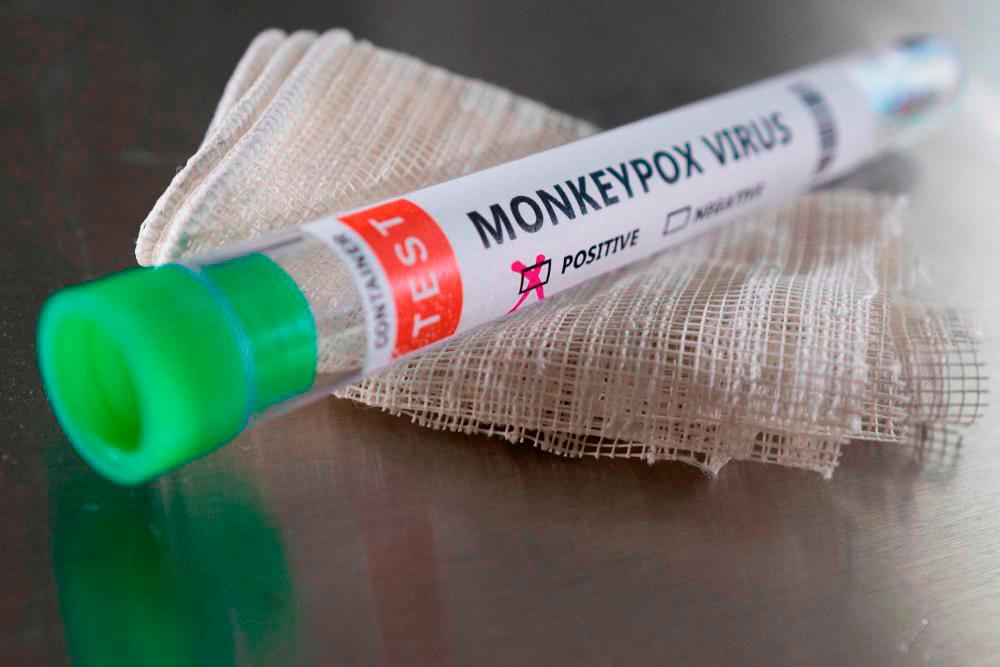LONDON: People who have been diagnosed with monkeypox in the United Kingdom were advised by health authorities yesterday to self-isolate at home to prevent further transmission across communities.
Yesterday, the UK Health Security Agency (UKHSA) issued further guidance to those infected with the disease to stay at home for a period of time. Those diagnosed with the infection should meet specific criteria before ending their self-isolation, Anadolu Agency reported.
“Self-isolation is an important measure for protecting others from monkeypox,” Dr Susan Hopkins, chief medical advisor at the UKHSA, was quoted as saying in the statement.
“Staying at home and doing all we can to avoid close contact with other people in the household will prevent the spread of this virus,” Hopkins added.
Noting that some people have a hard time during self-isolation, she underlined that it is “important that people ask for support if needed”.
Individuals infected with monkeypox have been advised to sleep and eat in a room separate from those of their family and friends and to use separate bathrooms in order to limit household and communal transmissions, it added.
If, however, the use of separate rooms is not possible, then individuals should avoid physical contact and observe social distancing of three steps, or 1m away from household members.
Those diagnosed with the infection should avoid close contact with young children, pregnant women, and those people with weakened immune systems.
As of June 7, the UKHSA has recorded 18 additional cases of the disease in England with one being recorded in Scotland. This brings the total number of confirmed cases in the UK to 321, Anadolu Agency reported.
The government has advised people who have been in contact with those affected and have shown symptoms of the virus, which includes a rash with blisters, to contact a sexual health clinic.
Though the risk of monkeypox to the general public remains low as the virus is transmitted through close physical contact and does not spread easily, the UKHSA has urged people to remain cautious.
According to data released by the agency, over half of cases recorded in England were found in men who identified as homosexual or bisexual. Of the 190 cases recorded from May 6 to May 31, 111 cases were males who identified as homosexual or bisexual.
Cases of monkeypox have been identified in 27 countries according to the World Health Organisation. Most of the cases have been recorded in North America and Europe with reports of small numbers in Central and South America, North Africa, and the Middle East. — Bernama









